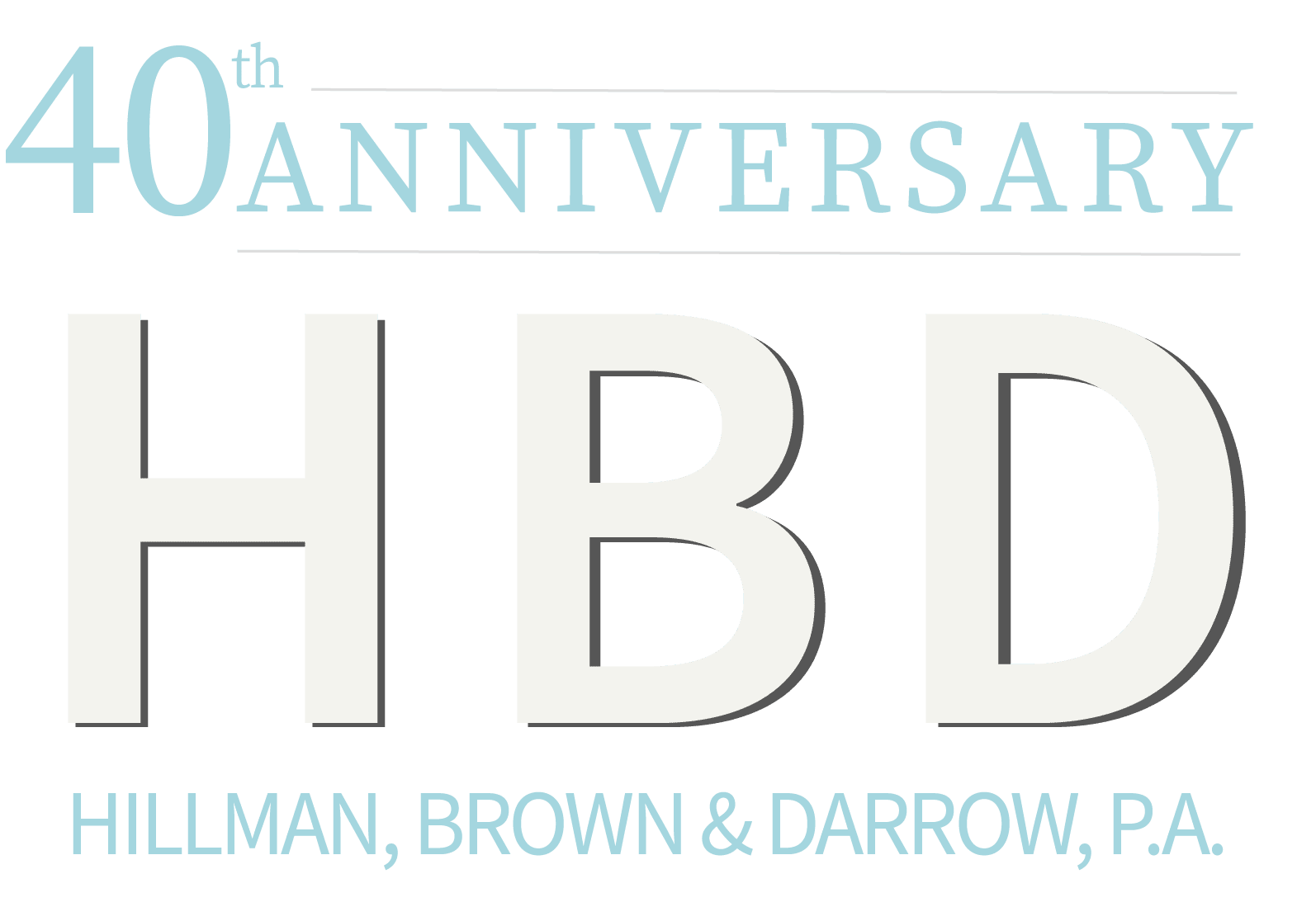Being arrested and prosecuted for drunk driving is a daunting experience. From the moment the lights and sirens go on until the charges are resolved in court and even afterwards, there are a series of important decisions to be made, decisions that could make a difference in the outcome. This blog post addresses what happens when you are pulled over by police on suspicion of drunk driving. In subsequent posts, we will discuss what happens at the police station, in court and at the MVA.
The police can stop a vehicle if they have a reasonable suspicion that a crime has occurred, is occurring or is about to occur. What amounts to a reasonable suspicion depends on the circumstances. The police might stop a vehicle for speeding, unsafe or erratic driving, a sobriety checkpoint or even something so innocuous as a defective taillight. So your best defense to a DWI is not to get behind the wheel after you have been drinking.
There is a large body of law on the legality of police stops. If you are charged, you need an attorney who understands this area of the law and who can advise you on possible defenses. It’s very important you consult the right attorney because if the stop was not legally justified, everything that flowed from it, including evidence of drunk driving, cannot be used against you in court. Hillman, Brown & Darrow lawyers have reviewed and tried hundreds of these type of cases.
Once a vehicle is pulled over, the officer will make contact with the driver. If the officer suspects the driver has been drinking alcohol, he or she will look for a sufficient basis to ask the driver to step out of the vehicle to perform “standard field sobriety exercises”. Often, the officer will ask the driver if he or she has been drinking alcohol. You don’t have to answer that question! If you are stopped by police, you do not have to answer potentially incriminating questions. If you do admit to drinking alcohol prior to driving, the State will use this against you in court. If you actually have consumed alcohol, it might BE better to say nothing. Always be respectful to the officer and simply say you would like to speak to your attorney before answering any questions.
Other “clues” officers look for include the smell of alcohol, bloodshot or red eyes and slurred speech. If the officer observes any of these clues, the driver will be asked to step out and submit to the sobriety exercises on the side of the road. These tests are supposed to help the officer determine if a driver’s coordination and balance are impaired by alcohol. But, if the officer is asking you to take the tests, he probably already suspects you have been drinking and he is gathering evidence to use against you in court. Did you know that drivers do not have to submit to these tests and may refuse them? Understand that the officer can still arrest you even if you refuse to take field sobriety tests. The best course of action depends on the unique circumstances of each case. You should always speak to your attorney about your specific situation as each case is unique.
The State spends considerable time and energy charging and prosecuting these offenses. Officers are trained to gather evidence for the prosecutor to use in court. The officer’s job is to get evidence, not explain options. The officer does not have to tell a driver that he or she can refuse to answer incriminating questions or that participation in the sobriety exercises is voluntary. People assume they have to take the tests. People think they can talk their way out of being arrested. But the result is usually that they just incriminate themselves! Remember, everything you say and do affects the outcome of your case.
The best defense is to never drink and drive (but did you know even if you are not actually driving they still could arrest you?) If the lights and sirens go on and you wind up facing charges, you must understand that the State will not have an experienced attorney waiting for you in court. You need an experienced attorney to represent you. You need someone who can review the case and help you understand and navigate the system. The criminal and traffic defense attorneys at HBD, including Samuel J. Brown and Crighton A. Chase, are your best allies when you are facing drink driving charges. Give one of our Annapolis Attorneys a call today for more information.
